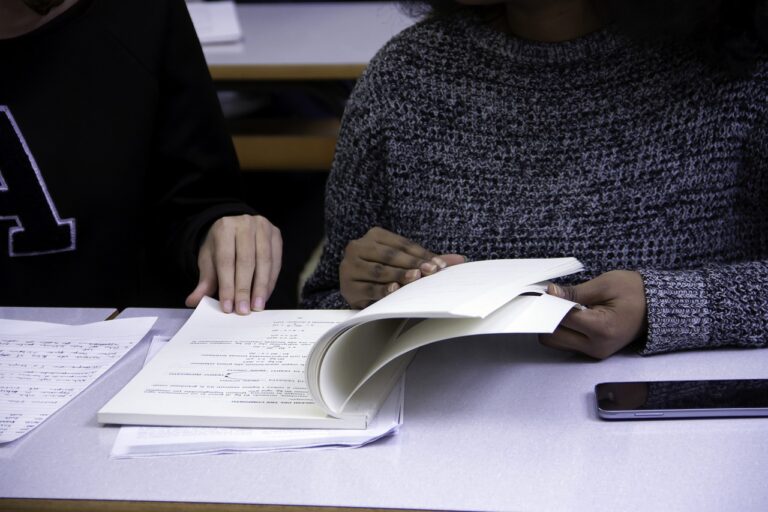The Role of Reflective Practice in Professional Tutoring
betbhai9 sign up, playexchange login, lotus365 vip login:Reflective practice is an essential component of professional tutoring, allowing tutors to assess their teaching methods, improve their instructional techniques, and enhance the overall learning experience for their students. By engaging in reflective practice, tutors can identify areas of strength and weakness, develop new strategies for teaching, and continuously grow and evolve as educators.
The Role of Reflective Practice in Professional Tutoring
Reflection allows tutors to critically evaluate their own teaching practices, learning from both successes and challenges. By taking the time to reflect on their sessions with students, tutors can gain valuable insights into what worked well and what could be improved upon. This self-assessment is key to professional development, enabling tutors to refine their skills and become more effective educators.
One of the primary benefits of reflective practice in tutoring is the ability to tailor instruction to meet the individual needs of each student. By reflecting on past tutoring sessions, tutors can identify areas where students may be struggling and adjust their teaching methods accordingly. This personalized approach to tutoring can lead to greater student engagement, improved learning outcomes, and overall academic success.
In addition, reflective practice allows tutors to stay current with best practices in education and incorporate new pedagogical approaches into their teaching. By reflecting on their own teaching strategies and seeking feedback from colleagues and students, tutors can learn from others and adopt innovative techniques to enhance their tutoring sessions.
Furthermore, reflective practice promotes ongoing professional growth and development. By reflecting on their teaching experiences, tutors can set goals for improvement, experiment with new instructional methods, and track their progress over time. This commitment to continuous learning and self-improvement is essential for staying motivated and passionate about teaching.
Overall, reflective practice plays a crucial role in professional tutoring by helping tutors to:
– Assess their teaching methods
– Improve instructional techniques
– Tailor instruction to meet individual student needs
– Stay current with best practices in education
– Foster ongoing professional growth and development
In conclusion, reflective practice is a vital component of professional tutoring, enabling tutors to enhance their teaching skills, provide personalized instruction, and promote ongoing professional growth. By engaging in self-assessment and reflection, tutors can become more effective educators and create a positive learning environment for their students.
FAQs about Reflective Practice in Professional Tutoring
Q: How often should tutors engage in reflective practice?
A: Tutors should aim to reflect on their teaching practices regularly, ideally after each tutoring session or at least once a week.
Q: What are some strategies for effective reflective practice?
A: Some strategies include keeping a reflective journal, seeking feedback from colleagues and students, and setting goals for improvement.
Q: How can tutors use reflective practice to address challenges in tutoring?
A: By reflecting on past tutoring sessions, tutors can identify areas of weakness and develop strategies to overcome challenges in their teaching.
Q: What are the benefits of incorporating reflective practice into tutoring sessions?
A: Reflective practice can lead to improved teaching techniques, increased student engagement, and enhanced learning outcomes for students.
Q: How can tutors track their progress through reflective practice?
A: Tutors can set goals for improvement, monitor their teaching practices, and evaluate their progress over time to track their growth and development as educators.







